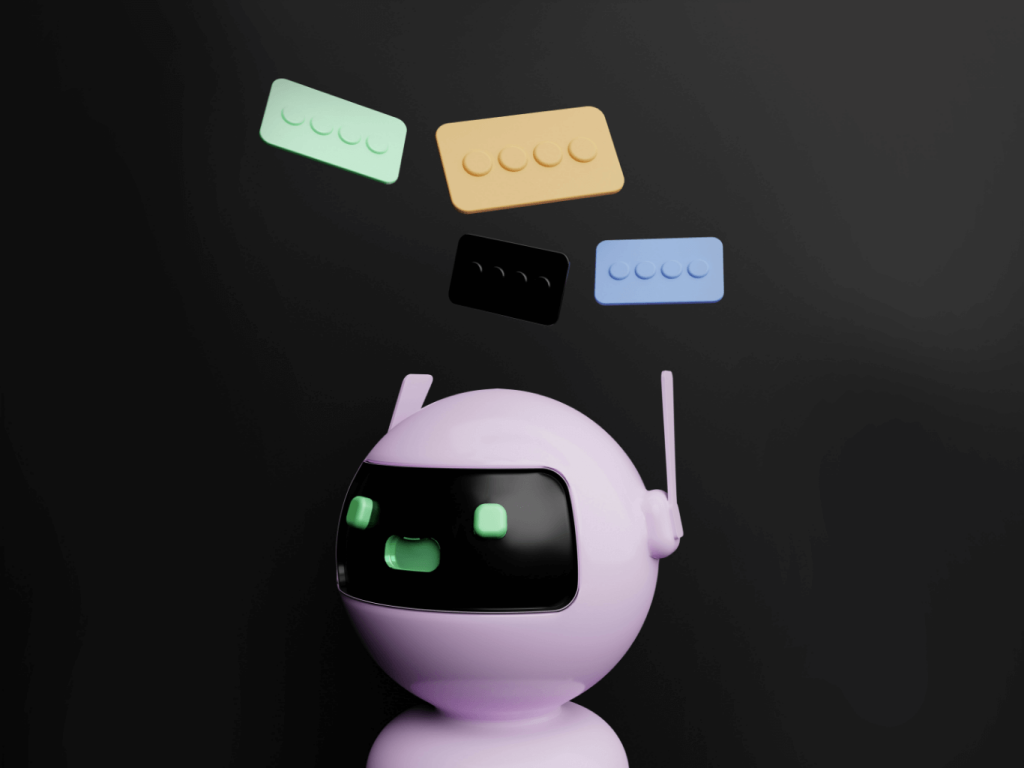In our previous blog, “Explore the Power of SAP Business One AI Integration”, we introduced the topic of Generative AI and the growing importance of AI-driven solutions, particularly for businesses navigating the complexities of SAP systems. Companies that are hesitant to embrace AI technology or choose to not actively pursue how AI-driven processes can impact one’s business will soon be left behind.
We provided a few examples of the integration of AI within analytics solutions for SAP Business One users that marks a monumental leap forward. In the following series of blogs, we will expand on each of these examples independently and dive deeper into these solutions, discuss the value it brings, highlight some of their applications, and its impact on the business as well as its people.
It’s important to understand that while some of these solutions are fully functioning in SAP Business One today, others are achievable using the AI toolsets that are available for SAP Business One.

Understanding Chatbots: Transforming Business Interactions
A chatbot is a software application designed to simulate human conversation through text or voice interactions. It uses natural language processing (NLP) to understand and respond to user inputs in a way that mimics human conversation. Chatbots can be integrated into various platforms, such as websites, messaging apps, and customer service systems, to assist with a wide range of tasks.
Key Features of a Chatbot
| Automated Interaction | Automatically respond to user queries without human intervention |
| Natural Language Processing (NLP) | Use NLP to understand the context and intent behind user inputs |
| Conversational Interface | Interact with users through a conversational interface to simplify tasks like answering questions, processing orders, or providing information |
| Task Automation | Automate routine tasks, such as booking appointments, checking order status, providing recommendations etc. |
| Learning and Adaptation | Use machine learning to improve responses over time |
Types of Chatbots
|
|
Common Applications of Chatbots
Chatbots are increasingly used by businesses to improve efficiency, enhance customer experience, and reduce operational costs. Some common applications of chatbots that are readily used by organizations across a myriad of industries include:
|
|

Impact of Chatbots on SMEs Using SAP Business One
SAP Business One’s integration with chatbots can significantly impact small to medium-sized enterprises (SMEs) in several ways:
- It enhances customer service by providing 24/7 support and faster response times with automated responses to common queries.
- Increases operational efficiency by streamlining processes through the automation of routine tasks allowing employees to focus on more strategic activities. It also provides employees with real-time data access and insights by quickly retrieving data from SAP Business One with minimal keystrokes.
- Saves costs by reducing labour with the need for less staff due to increased automation and scalable solutions.
- Improves decision-making with predictive insights and real-time analytics, chatbots within SAP Business One enables SMEs to anticipate trends and make proactive and informed decisions quickly.
- Personalized customer interactions with tailored recommendations can play an impactful role in overall customer retention and loyalty.
- Easy integration using SAP Business One’s robust extensibility architecture.
- Providing better engagement with customers and suppliers and staying on the edge of innovation positions oneself as an innovator and a customer-centric business.
Overall, integrating chatbots with SAP Business One can be transformative for SMEs, driving efficiency, improving customer satisfaction, and enabling growth with minimal additional investment. Our next blog in the AI Series will explore AI-powered solutions for customer service automation.
Reaching Out to the Experts
Want to learn more about how aclaros embraces AI-driven solutions for our SAP Business One practice? Contact aclaros today.



